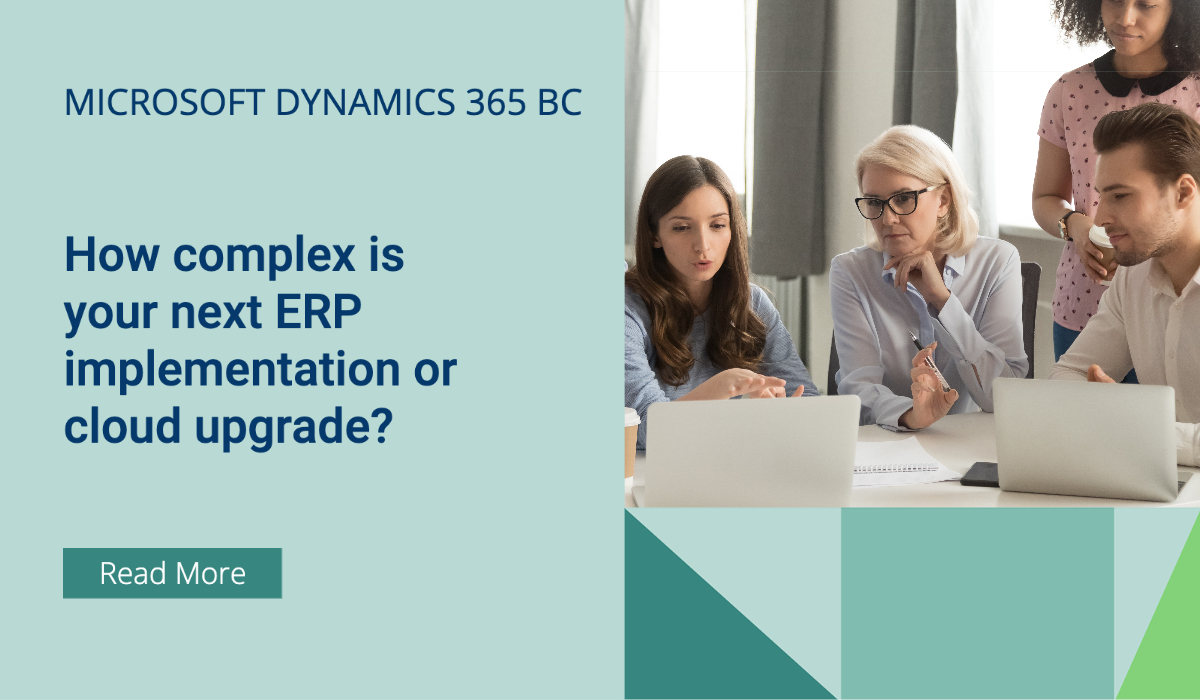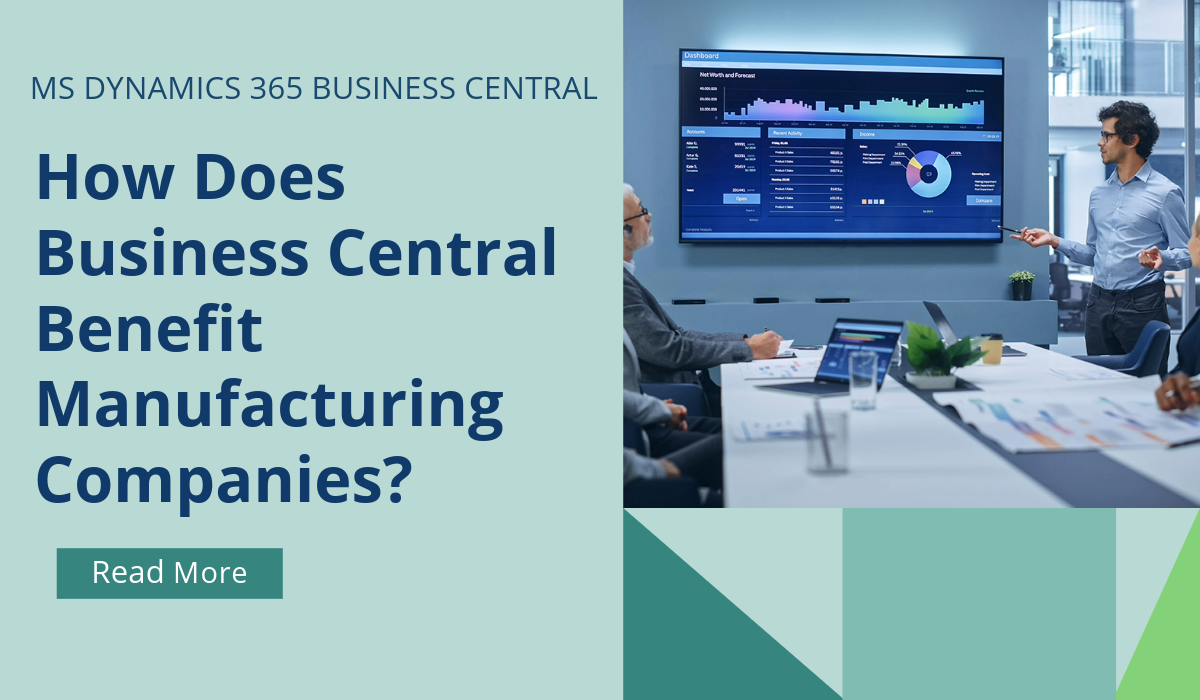
How complex is your next ERP implementation or cloud upgrade?
It is generally known that the proper implementation of new ERP or CRM software is not an easy task. More and more often, organisations realize that implementing software is so much more than just a technical exercise.
Provided it is carried out properly, the project will include modernising business processes, putting the customer first, inspiring and involving the employees, cleaning up data and updating the way in which the organisation views the market.
Getting clarity on just how complex your next ERP implementation or cloud upgrade is will dictate which aspects determine the ultimate complexity of your project – and how you can influence these factors.
Read on for an overview of what you need to consider.
In their ‘2023 Digital Transformation Report’, the US-based consulting firm Third Stage Consulting Group describe their experiences with hundreds of ERP implementations all over the globe throughout the last decade. The report states that implementation time and implementation cost are still the two most important metrics that CXOs and project managers use to measure project success.
The firm examined dozens of behavioural and qualitative factors. That research shows that there are a number of specific factors that have a high correlation with implementation time and cost. These factors include:
- FUNCTIONAL SCOPE – projects with broader scopes of functional areas experience higher durations and costs
- MAGNITUDE OF CHANGE – projects that made the biggest changes to their organizations experience the highest durations and costs
- COMPLEXITY OF OPERATIONS – implementations in organisations with more business units, operations in more countries and other complexities in their business models experience the highest durations and costs
- LEVEL OF ORGANIZATIONAL CHANGE SUPPORT – organisations that invest the most in organizational change management experience lower durations and costs
- LEVEL OF SOFTWARE CUSTOMIZATION – projects with more customization experience higher durations and costs
In today’s hectic and fast business world, no organisation can afford a complete or even partial failure of their ERP implementation. If you want to offer your organization the best chances of project success, it is wise to avoid complexity and divide your project into phases during your preparation stage. This helps to ensure sufficient internal support for the change management during implementation and roll-out.
Want to know how we can help you in this process? Get in touch today and we’ll help you to take the first step towards your project success.
February 15, 2023
RECENT POSTS
Business Central How-To: FastTabs & FactBoxes
Business Central, a user-friendly ERP system, has plenty of terminologies specific to the product, and if you’re moving across to BC from some other program, or even considering an upgrade from NAV to BC, it [...]
How Does Business Central Handle Inventory Management?
Inventory Management is a module in Business Central that helps SMBs manage their inventory and other operations within a single platform. SMBs can track, manage, and optimise stock levels across locations. Microsoft Dynamics [...]
How Does Business Central Benefit Manufacturing Companies?
Manufactured products are part of everyone's lives. From the car that you drive, the mobile phone that you use, to the milk that you drank for breakfast. Companies that create these products must [...]


